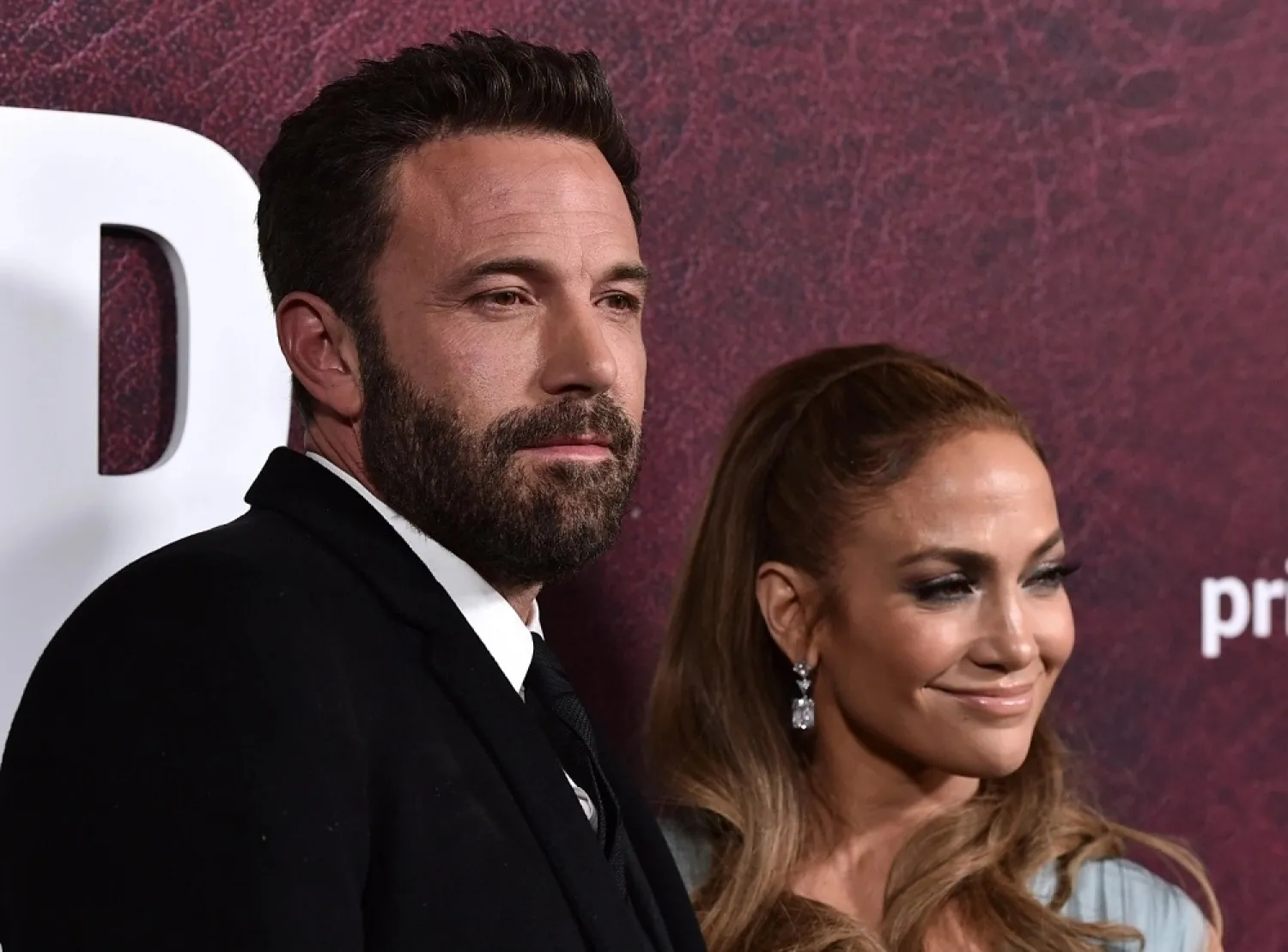Ask anyone to name the rock bottom of Ben Affleck's filmography and "Gigli" is bound to come up more than once. The Martin Brest-directed 2003 romantic-comedy was an infamous critical and commercial bomb, grossing just $7.2 million worldwide. The film's disastrous reception was intensified due to the casting of tabloid fixtures Affleck and Jennifer Lopez. Nearly two decades later, Affleck views "Gigli" in part as a gift, even though it caused self-doubt and soured public opinion on him.
"The truth about that movie and what it taught me was how much everything around a movie sort of dictates the way people see it," Affleck told Entertainment Weekly. "But for being a movie that's such a famous bomb and a disaster, very few people actually saw the movie. It doesn't work, by the way. It's a sort of horse's head in a cow's body. And the studio at the time, because I had begun having this relationship with Jennifer Lopez, which was selling a lot of magazines and appeared to generate a lot of enthusiasm, they just predictably latched onto, 'They want a romantic comedy. They want the two of them together. More of that!' And it was just like that SNL sketch."
Affleck noted that he has many other films that actually bombed harder than "Gigli" at the box office, but that the film remains one of his most well-known disasters because of all the tabloid fodder that surrounded him and Lopez at the time.
"It's just that it became a story in and of itself. The funny name, the Jennifer Lopez romance and overexposure of that, it was kind of a perfect storm," Affleck said. "And I remember talking to [the director] the Friday it came out and I was like it's just spectacular, it's a tsunami, it couldn't be worse. This is as bad as it gets."
"It engendered a lot of negative feelings in people about me," Affleck continued. "There's that aspect of people that I got to see that was sad and hard, it was depressing and really made me question things and feel disappointed and have a lot of self-doubt. But if the reaction to 'Gigli' hadn't happened, I probably wouldn't have ultimately decided, 'I don't really have any other avenue but to direct movies,' which has turned out to be the real love of my professional life. So in those ways, it's a gift. And I did get to meet Jennifer, the relationship with whom has been really meaningful to me in my life."
Affleck currently stars in George Clooney's family drama "The Tender Bar," now streaming on Amazon Prime Video.









